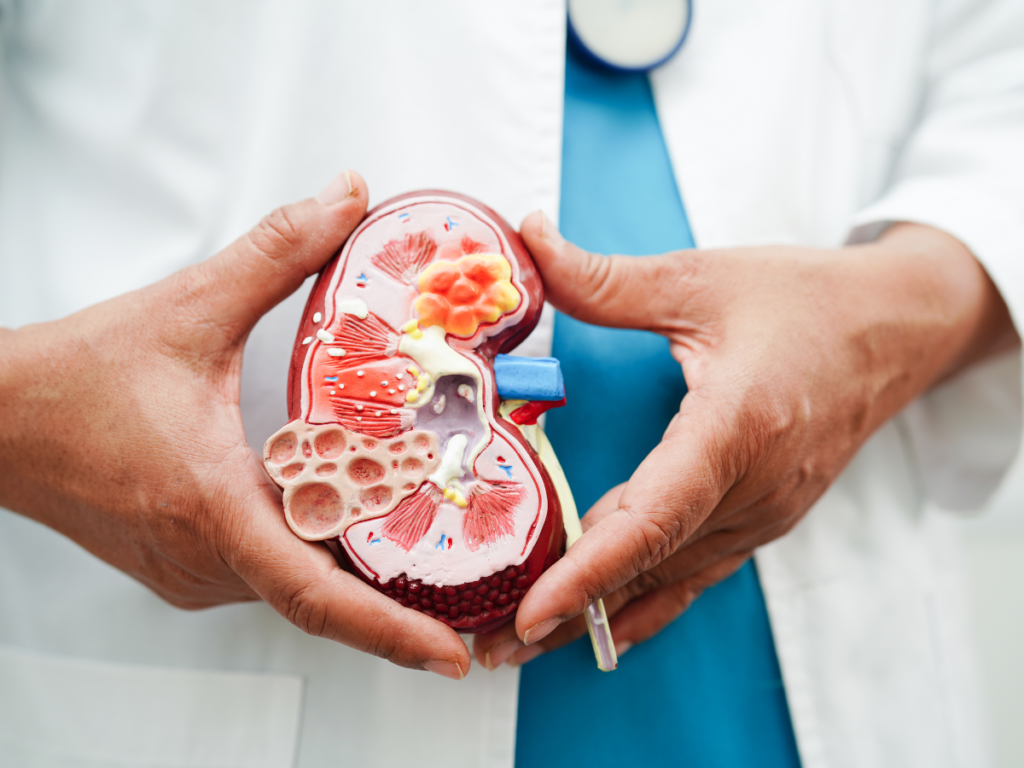Digestive health is essential to our overall well-being. The gastrointestinal (GI) system plays a vital role in processing the food we consume, absorbing nutrients, and eliminating waste from the body. When something goes wrong, it can cause discomfort, pain, and other complications that may significantly impact daily life. Fortunately, a specialized branch of medicine called gastroenterology focuses on diagnosing, treating, and preventing diseases related to the digestive system.
At Prime Hospital, we offer expert care in gastroenterology, providing cutting-edge treatment and compassionate support for a range of digestive health issues. In this guide, we will explore the importance of gastroenterology, common digestive health issues, and how Prime Hospital can support you in maintaining optimal digestive health.
Understanding Gastroenterology
Gastroenterology is a branch of medicine dedicated to the study and treatment of the digestive system, which includes the esophagus, stomach, intestines, liver, pancreas, and gallbladder. Gastroenterologists are highly trained specialists who understand how these organs work together to process food, absorb nutrients, and eliminate waste. They are also experts in diagnosing and managing conditions that affect digestion, absorption, and the overall function of the GI system.
Common Digestive Health Issues
Several digestive health issues can affect people of all ages, causing discomfort and disrupting normal life. Some common conditions that a gastroenterologist treats include:
Acid Reflux (GERD): This occurs when stomach acid flows backward into the esophagus, causing heartburn, chest pain, and difficulty swallowing. If left untreated, GERD can lead to more serious complications, including esophageal damage.
Irritable Bowel Syndrome (IBS): A chronic condition that affects the large intestine, IBS causes symptoms like abdominal pain, bloating, and changes in bowel movements. It can greatly impact daily activities and overall quality of life.
Celiac Disease: An autoimmune disorder that affects the small intestine, celiac disease is triggered by the ingestion of gluten. It can lead to nutrient deficiencies and damage to the intestinal lining, causing a range of digestive and systemic symptoms.
Inflammatory Bowel Disease (IBD): This group of disorders, including Crohn’s disease and ulcerative colitis, involves chronic inflammation of the digestive tract, leading to symptoms such as diarrhea, abdominal pain, and weight loss.
Gallstones: Solid particles that form in the gallbladder, gallstones can block bile ducts, causing severe pain, nausea, and digestive disturbances. Surgery may be required to remove the gallbladder in some cases.
Liver Disease: Conditions like hepatitis, cirrhosis, and fatty liver disease affect the liver’s ability to filter toxins and produce bile, impacting overall digestion and health.
Colon Cancer: Early detection is crucial for effective treatment of colorectal cancer. Regular screenings and preventive care can help identify issues before they become serious.

The Role of a Gastroenterologist
Gastroenterologists use a variety of diagnostic tools to assess digestive health and identify underlying conditions. These tools include:
- Endoscopy: A procedure that uses a flexible tube with a camera to examine the digestive tract, from the esophagus to the intestines.
- Colonoscopy: A type of endoscopy used to examine the colon and detect abnormalities like polyps or early signs of colorectal cancer.
- Imaging Tests: Ultrasound, CT scans, and MRIs are used to evaluate organs such as the liver, pancreas, and gallbladder.
- Blood Tests: These can detect signs of inflammation, infection, or liver function abnormalities.
Once a diagnosis is made, a gastroenterologist will work with you to develop an individualized treatment plan. Treatment options can range from lifestyle changes and dietary adjustments to medications, endoscopic procedures, or surgery, depending on the severity of the condition.
Why Choose Prime Hospital for Gastroenterology Care?
At Prime Hospital, we are committed to providing the highest quality gastroenterology care. Our team of experienced gastroenterologists and support staff offers personalized treatment plans tailored to each patient’s unique needs. Whether you are dealing with a common digestive issue or a more complex condition, we have the expertise to guide you through every step of your care.
Expertise: Our gastroenterologists are highly trained and experienced in diagnosing and treating a wide range of digestive health issues. We stay updated on the latest advancements in gastroenterology to provide the most effective treatments.
Comprehensive Care: From routine screenings and preventive care to advanced diagnostic tests and treatments, Prime Hospital offers a comprehensive range of gastroenterology services.
Patient-Centered Approach: We prioritize your comfort and well-being, offering compassionate care and clear communication throughout your treatment journey.
State-of-the-Art Facilities: Prime Hospital is equipped with advanced technology and diagnostic tools, allowing us to provide accurate diagnoses and effective treatment options for digestive health issues.
Maintaining Digestive Health: Tips for Prevention
While medical treatment is essential for managing digestive health conditions, prevention is just as important. Here are some tips for maintaining a healthy digestive system:
- Eat a Balanced Diet: A diet rich in fruits, vegetables, whole grains, and lean proteins promotes healthy digestion.
- Stay Hydrated: Drinking enough water helps with digestion and prevents constipation.
- Exercise Regularly: Physical activity supports digestive health by improving circulation and reducing the risk of conditions like IBS.
- Limit Stress: Chronic stress can exacerbate digestive issues. Practice relaxation techniques such as meditation or yoga to manage stress levels.
- Avoid Smoking and Excessive Alcohol: These can irritate the digestive system and increase the risk of conditions like GERD and liver disease.
Conclusion
Digestive health is an essential part of overall wellness, and seeking expert care when issues arise is crucial for maintaining long-term health. At Prime Hospital, we offer expert gastroenterology services that cater to the needs of our patients, helping them navigate digestive health challenges with confidence. Whether you need a routine check-up or advanced treatment for a specific condition, our team is here to support you every step of the way. Don’t wait—take control of your digestive health today!
